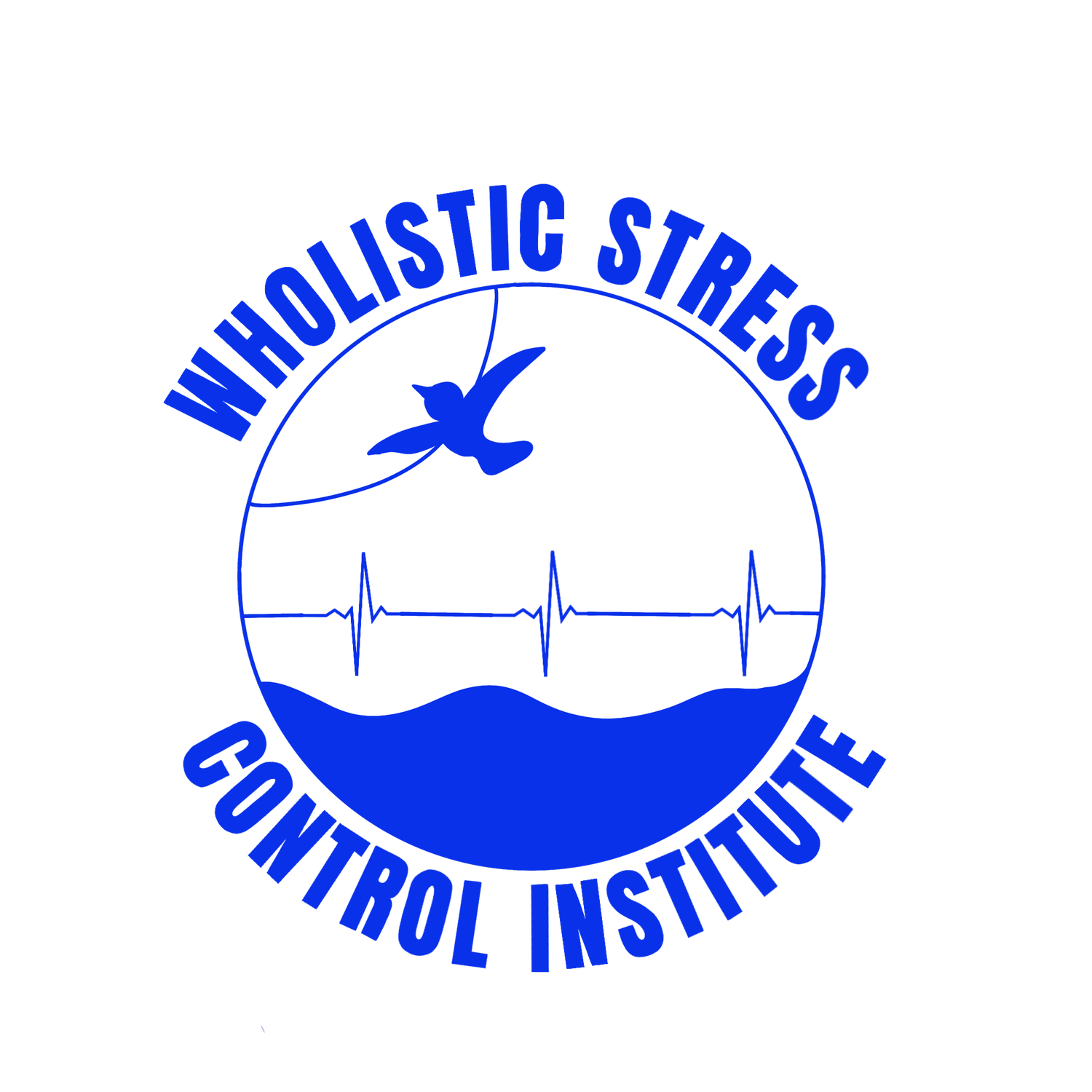nurture Program.
The NURTURE Program will provide 1,000 primarily African American MSM and other high-risk minority group members, ages 13 to 24, education and activities that will help them avoid HIV, Hepatitis, and Substance Abuse, in addition to other risky behaviors, while improving the capacity of the organization. The program is operated under the supervision of a Community Coalition.
To partner with various community sectors to implement comprehensive community-based substance misuse and HIV prevention strategies each project year, including providing evidence-based SA, HCV and HIV prevention classes for 1000 primarily African American 13- to 24-year-old MSM and other high risk minorities by the end of the fifth project year assessed via a review of coalition and educational session attendance records.
To develop and implement public messaging and awareness campaigns on the risk of substance misuse among individuals living with HIV and the importance of seeking care and treatment via social media to reach at least 15,000 individuals with this message by the end of the project (3,000 each year), as assessed via a review of online analytics reports.
To provide opportunities for screening and testing for HIV and viral hepatitis for individuals in the community and increase the number of individuals tested by 10% each project year, as assessed via a review of the number of test kits utilized.
To provide comprehensive navigation services and follow-up for at least 50 core program participants in each year of the project (250 in total), as assessed via a review of participant files.
To provide education and training to substance use disorder treatment and other healthcare providers on the importance of screening for HIV and assuring that clinical care needs are met if an individual is determined to be infected with HIV by providing a training session for at least four of these organizations each project year, in person, via conference call, or webinar, assessed via a review of training session records.
Our Objectives
30 Day Smoking, using tobacco products, or vaping in a Month
Post test: 30 days after the health education lectures, the post surveys results show that 99 participants had 0 days of smoking in the last 30 days, while only 10 participants stated that they didn’t know how many days they had smoked in the past 30 days.
This represents a significant decline of smoking activity from the results prior to the health education lectures. These results reveal that 30 or 34% of the students stopped smoking after receiving the programs health lectures.
Tobacco
Post test: 30 days after the health education lectures, 100 participants stated they had no tobacco product usage in the past 30 days, and only 9 participants or 8% didn’t know how many days of usage. That represents 37% drop in usage from the participant’s that had previously stated that they didn’t know how many days of tobacco usage they had prior to the program. Also, it should be highlighted that the 1 participant that stated they had use tobacco products at least 10-20 days prior to the program, had stopped usage.
These results represent a significant behavior change after having had exposure to the programs health lectures.
Alcohol
30 days after receiving health education classes, post survey results on peer pressure yielded positive results. 71% of the post survey participants stated that they strongly agree that they would be able to resist a drink of alcohol if offered by a friend. That is an 11% increase from pre health education survey results. In the category of a person ‘not being able to resist if offer a drink by a friend’ decreased from 10% to 1% on post survey results.
Marijuana
Post lecture results show that 30 days after health education lectures, 88 (or 80%) of the participants stated they had not smoked marijuana in the past 30 days, and only 15 (14%) participants didn’t know how many days of marijuana usage in the past 30 days. 4 participants stated that they used marijuana 1-10 days 30 days after the health lecture and 3 participants stated that they had 20 or more days of marijuana usage.
This represents 50% drop in binge drinking in the participants’ that had previously stated that they didn’t know how many days of binge drinking they had prior to the program. These results represent an overall positive trend in behavior change after having had exposure to the programs health lectures with a 25% decrease in marijuana use.

